Arizona is on the brink of implementing a notable change that could impact electric vehicle (EV) owners within the state. A recent bill passed by an Arizona House committee proposes the introduction of a $135 annual registration fee specifically for electric vehicles.
The primary objective behind this fee is to offset the revenue shortfall caused by the absence of gasoline sales taxes paid by EV drivers, funds crucial for the maintenance and repair of the state’s roads.
Support for this measure comes from Republican Representative Travis Grantham, who raises concerns about the wear-and-tear that electric vehicles may contribute to the state’s infrastructure. Grantham asserts the responsibility of continuously upkeeping roads and believes that the proposed registration fee is a necessary step in addressing this concern.
In terms of funding roads and infrastructure, the proposed fee is positioned as a solution to bridge the financial gap arising from the absence of gasoline sales taxes typically contributed by electric vehicle drivers. While Governor Katie Hobbs has expressed support for legislation addressing this revenue disparity, she has not presented specific plans to tackle the issue.
If implemented, the $135 annual registration fee is expected to generate nearly $11 million annually. This revenue would be directed towards the fund responsible for maintaining and constructing roads across the state. However, questions have arisen regarding the financial impact on electric vehicle owners and the equity in taxing different types of vehicles.
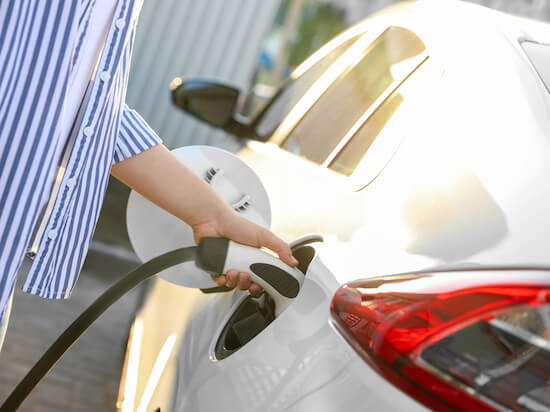
The proposed fee has triggered discussions among the public and the electric vehicle industry. Advocates argue that electric vehicle drivers contribute to environmental benefits by reducing carbon emissions, and imposing such a fee may discourage the adoption of eco-friendly transportation.
As the proposal unfolds, some critics suggest exploring alternative approaches. This includes considering potential incentives for electric vehicle adoption rather than imposing fees that could be perceived as deterrents to transitioning to electric vehicles.
Related News:
- Four Men Fatally Shot at Local Car Wash in Alabama
- Danger to AI innovation from state and local involvement
- Top 10 Drunkest Cities in Arizona
The situation in Arizona reflects a broader national context where several states are grappling with the challenge of fairly taxing electric vehicle owners. Arizona’s deliberations highlight the broader challenge of adapting existing taxation systems to the changing landscape of transportation.

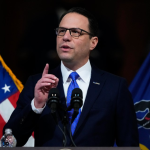





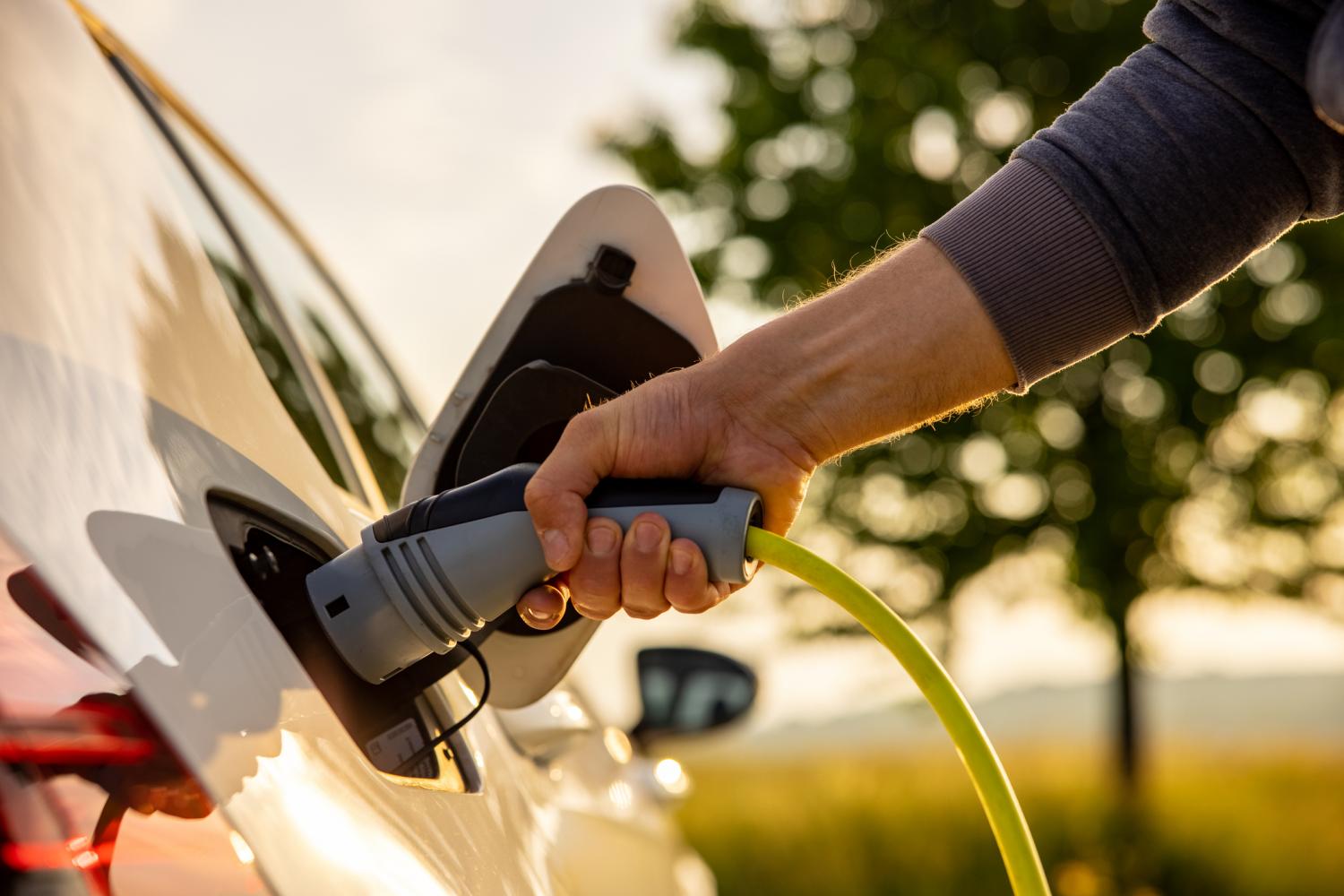







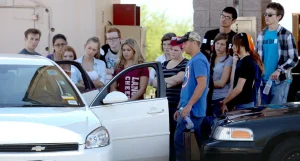
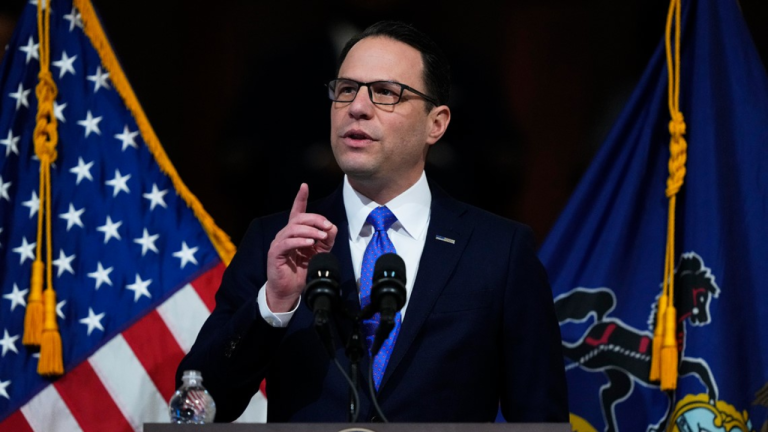









+ There are no comments
Add yours